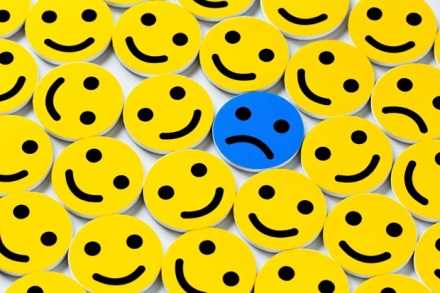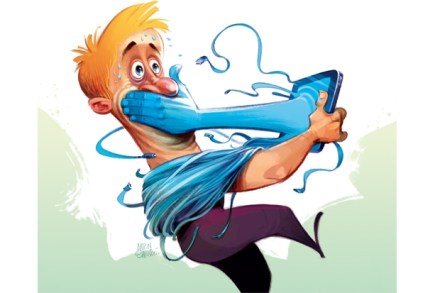We’re all curators now
In January 1980 Isaac Asimov, writer of ‘hard science fiction’, professor of bio-chemistry and vice-president of Mensa International, penned a column for Newsweek magazine in which he addressed a prevailing ‘cult of ignorance’ in America. ‘The strain of anti-intellectualism has been a constant thread winding its way through our political and cultural life,’ he wrote, ‘nurtured by the false notion that democracy means that “my ignorance is just as good as your knowledge”.’ Thirty-six years later, what Asimov attacked as a false notion was accepted as a fact of life by Michael Gove when he declared during the referendum campaign, ‘I think people in this country have had enough of




















